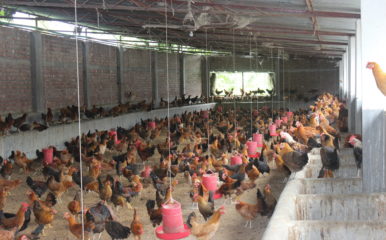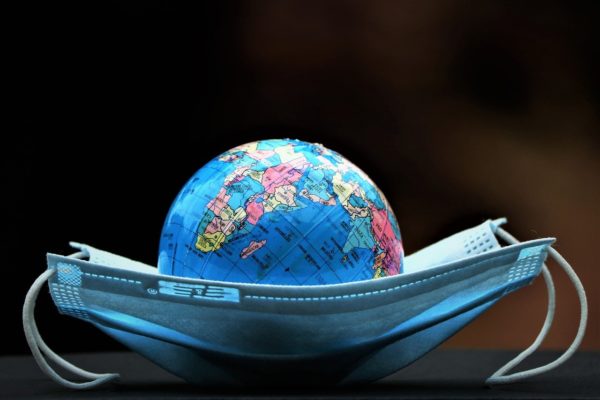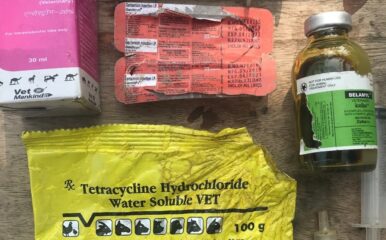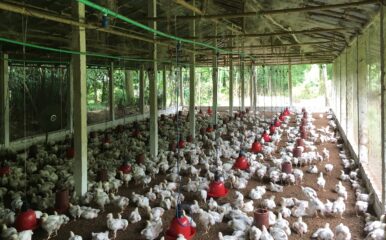
One Health – a global and interdisciplinary problem
Published on 19/07/2022

Jeyaratnam-Caniceu/Pixabay
The COVID-19 pandemic has not ended. Much as we may all wish and hope that it could be forgotten, in the UK at least we are once again being encouraged to reach for our face masks and take care with hand sanitation
After three years since the initial outbreak, the waves of disease variants, some more easily transmissible and apparently with some resistance to existing vaccines, continue to roll around the world. While the pandemic has to a degree been ameliorated by rapidly developed new types of vaccine, it is clear that vaccination is only a partial answer. As with influenza, viral mutation rates are rapid, and some variants are more virulent and/or transmissible than others.
We know that from the perspective of the Asian countries in the One Health Poultry Hub that vaccination rates differ very markedly between and within our countries and national and regional preparedness differs depending on predictable political, economic and social factors.
Innovative research
The One Health Poultry Hub has its roots in the clear understanding that One Health and effective interventions based on that approach stands on two pillars: the life sciences and the social sciences, and that any ‘solutions’ to the current pandemic and future zoonotic pandemics must lie in wise and creative deployment of original and innovative research in both these areas.
The London School of Economics (LSE) is one of the world’s leading social science universities and its Firoz Lalji Institute for Africa is currently running an important series of blogs, reporting on many aspects of zoonotic diseases on the African continent. The Royal Veterinary College, London, lead partner in the One Health Poultry Hub, is the top veterinary school in the world. The combination of these two research centres in focusing on zoonotic diseases adds considerable weight to our understanding of the complex and necessary relations between life sciences and social sciences and their cross-fertilisation of that mysterious animal, policy, if that is to be properly informed.
In the UK, now former Prime Minister Johnson and his colleagues often repeated in their high-level communications about COVID-19, that their policy was “informed by the science”. This constant refrain sometimes seemed to be true, but often seemed to be a way of diverting attention from the ways in which policy was being driven by political dogmatism, for example delaying lockdown with resulting excess deaths attributable to that delay and the ways that infections and deaths were more likely to occur among poorer sections of the population and some ethnic groups more than others.
And further, for a government which boasted of being “informed by the science”, it was strange that, a year after the delayed lockdown, the Government made swingeing and disruptive funding cuts to the One Health Poultry Hub, a project focused on examining the genesis of a well-known major zoonotic threat, highly pathogenic avian influenza (HPAI) – a paradox already discussed in an earlier blog of mine.
Rethinking zoonoses
The LSE blogs in the ‘Rethinking zoonoses, the environment and epidemics in Africa‘ series comprise informed discussion of a wide range of questions which should inform policy. They include consideration of the role of climate change, the local understandings of disease and its spread in developing effective responses, and much more. The combination of these reports from Africa and the One Health Poultry Hub’s extensive interdisciplinary work in Asia points to the important – but still often neglected – role of locality, interdisciplinarity and helping to educated politicians across the globe about the important ways that demography, epidemiology, economics, social sciences and life sciences must all be considered in confronting the COVID-19 epidemic which still hangs on as a background to our lives – and other zoonoses which will certainly appear in the future.


